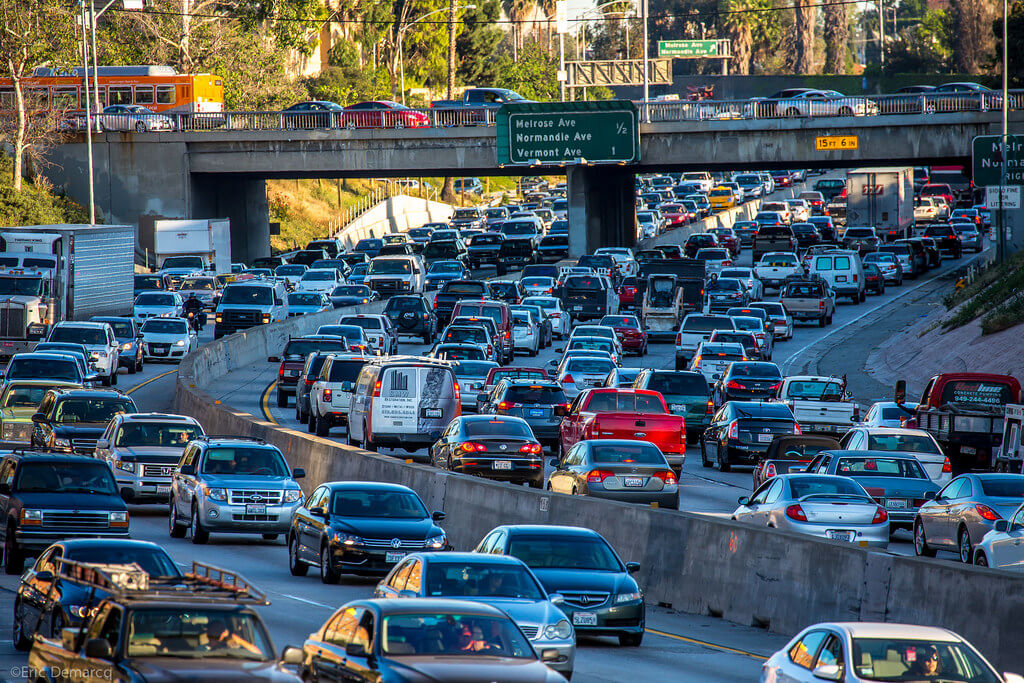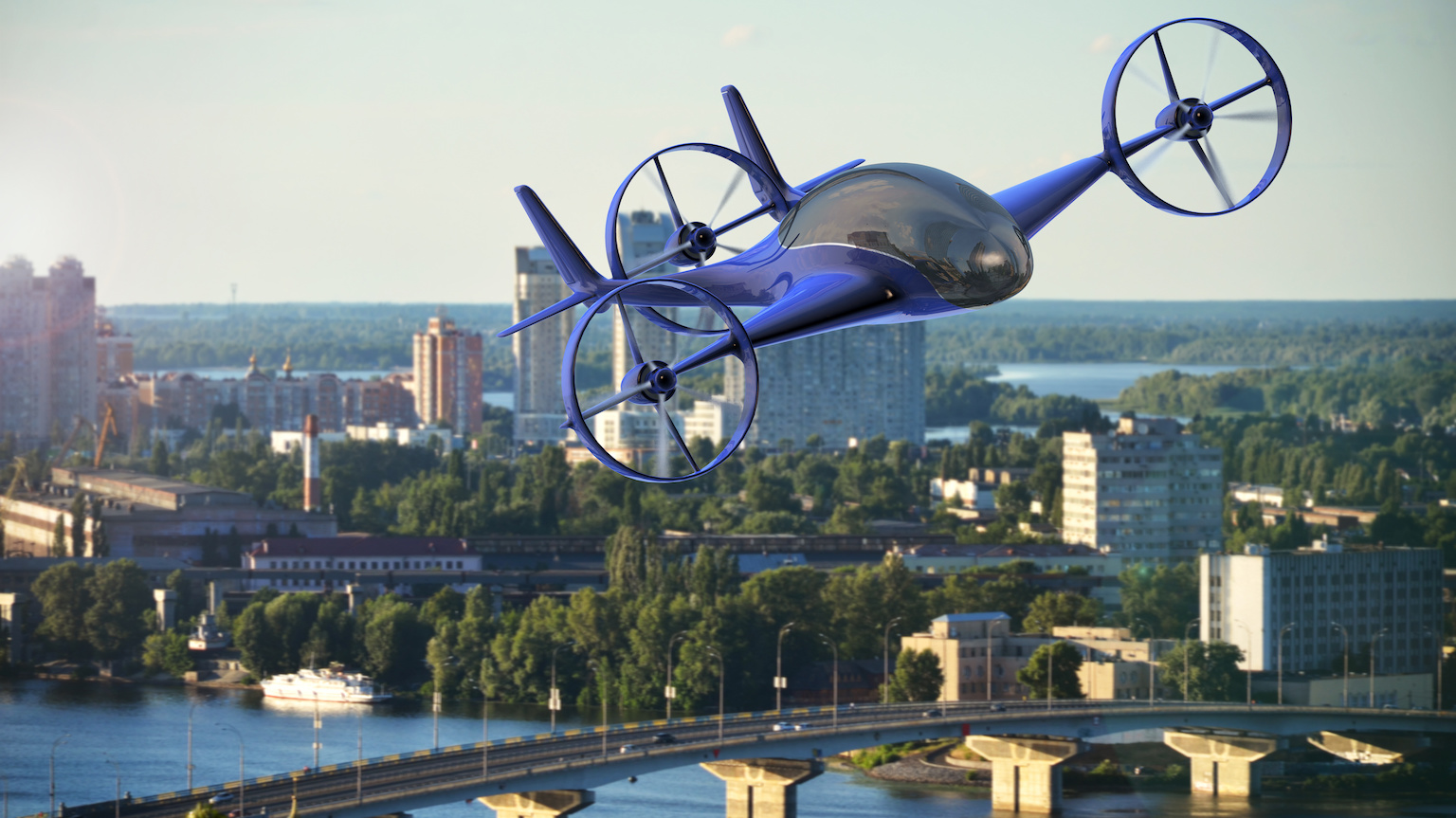
[ad_1]
Some manufacturing experts believe the unboxed process has the potential to reduce or eliminate familiar elements inside auto factories, including stamping, welding and painting unfinished car bodies and sending them down a long assembly line where seats, engines and other components are attached.
If everything works as planned, the unboxed process could rewrite the industry’s standard playbook and practices. But Tesla has often fallen short of its ambitious targets, from the oft-delayed Cybertruck to its still-unfinished “Full Self Driving” software.
Lean gurus like James Womack and Hide Oba see key differences between the Toyota production way and Tesla’s proposed overhaul.
At its core, the Tesla method “is an assembly process” while Toyota has developed a far broader and more comprehensive “production management system” that helps automakers run assembly processes and related operations more efficiently, said Womack, co-author of “The Machine That Changed the World,” the 1990 book on Toyota’s lean production philosophy and methods.
A big risk cited by Oba, an independent lean-manufacturing consultant, is what he describes as the “rigidity” of the unboxed system. Oba worked previously for the Toyota Production System Support Center, a division that helps the automaker’s suppliers and others implement TPS.
The Tesla process “won’t work unless production of these big, high-content unboxed vehicle modules are completely synchronized, and finished blocks arrive for a final put-together just-in-time,” he said.
Another question is whether Tesla can produce multiple vehicle models of different sizes and body styles on the same production line with the unboxed system.
“My guess is that’s next to impossible,” Oba said. That is because the way Tesla has sliced or “unboxed” the vehicle into several big blocks is so radical, and the dimensions of those blocks do not appear to offer much room for manufacturing variables.
“That could become a drag on the company’s overall efficiency since Tesla’s model lineup is sure to become more varied and complex” in the future, he said.
[ad_2]
Source link




